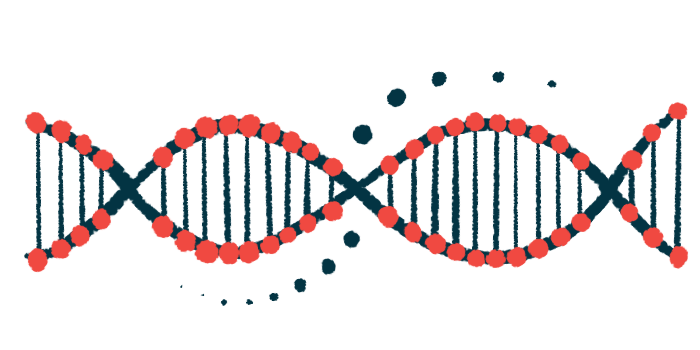Results of genetic tests among racial populations found comparable
Disparities in diagnosing rare diseases likely due to systemic barriers: Study
Written by |

Disparities diagnosing rare genetic diseases in minority racial communities likely are due to systemic barriers, and are not because genetic tests are less likely to provide usable results in nonwhite patients, a new study led by a genetics company suggests.
The study, by Genedx and its collaborators, found that the “diagnostic rate is high regardless of patient’s ancestral background” in testing for rare genetic diseases, according to a company press release. The research was done in collaboration with the University of Washington, the Brotman Baty Institute for Precision Medicine, Geisinger, and the Seattle Children’s Hospital.
“Our findings show that when people are tested, diagnostic rates among populations are comparable,” said Mike Bamshad, MD, a professor of pediatrics at the University of Washington and Seattle Children’s Hospital. “Nevertheless, considerable disparities in access to testing remain.”
For their study, the researchers conducted genetic testing on nearly 187,000 samples from approximately 73,000 patients who underwent exome testing with Genedx. Exome testing involves looking for mutations in just the parts of the genome that provide instructions to make proteins — accounting for slightly less than 2% of the total human genome.
Such testing can be used to diagnose many rare genetic disorders, including AADC deficiency, which is caused by mutations in the DDC gene.
Genetic tests led to a diagnosis for about one-quarter of all patients
The DDC gene provides instructions to make an enzyme known as AADC, which is vital for nerve cell communication. A deficiency in AADC, which characterizes the rare disease, ultimately leads to developmental delays and movement and behavior problems, as well as issues with involuntary bodily processes. AADC deficiency can be diagnosed with the help of genetic tests.
Genedx maintains a database of hundreds of thousands of genomes and exomes to facilitate testing for rare mutations.
“The growing utilization of Genedx’s exome and genome testing enriches our unparalleled diverse dataset and creates a flywheel effect,” said Paul Kruszka, MD, chief medical officer at Genedx. “With every test we complete, we deepen our understanding of disease-gene connections to inform more definitive diagnoses regardless of ancestral background. These are critical findings to ensure health equity within genomics.”
According to Genedx, slightly more than half of the patients who underwent testing in the study were non-Hispanic white individuals. Among them, genetic testing led to a condition being diagnosed in slightly more than a quarter of patients (27.4%). Among other racial and ethnic groups, the proportion of diagnoses made was nearly identical at 27.1%.
With similar diagnostic yields, the life-changing actionability of an accurate genetic diagnosis should be accessible to all.
It’s well-established that, in the U.S., white people are more likely than their nonwhite counterparts to be diagnosed as a result of genetic testing. However, these findings suggest that, when testing is performed, the likelihood of getting actionable results is not affected by a patient’s ethnic or racial background.
As such, per the team, these results show that other systemic barriers — such as costs or clinician biases — are responsible for the fact that minority patients are less likely to get genetic diagnoses.
“With similar diagnostic yields, the life-changing actionability of an accurate genetic diagnosis should be accessible to all,” Kruszka said, adding that “Genedx is committed to breaking down systemic barriers and advocating for equitable access.”
Bamshad added that academic researchers working with Genedx “are testing a variety of novel ways to simplify clinical workflows, increase provider readiness, and ultimately reduce barriers to genetic testing.”






